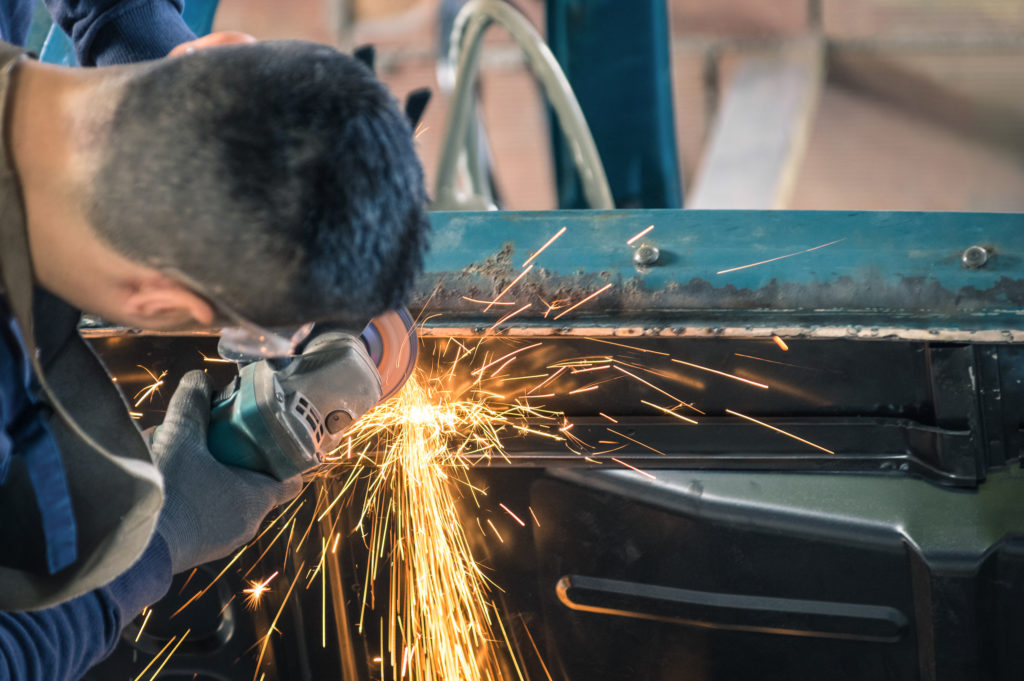Unions balk at Biden plan for mineral trade deals with EU, Japan

US labor unions are pushing back on White House efforts to allow European Union and Japanese firms mining and processing critical minerals to tap some of the lucrative subsidies available in the Biden administration’s massive climate law, fearing the move will sap American jobs.
Unions, including the United Auto Workers, worry that providing concessions to other nations would undermine the goal of bringing jobs and investment to the US and detract from the Inflation Reduction Act’s intent of creating a domestic electric vehicle supply chain, according to people familiar with the matter.
The resistance from some of President Joe Biden’s biggest political supporters threatens to further complicate his efforts to pursue the deals with allies. It also comes as lawmakers warn against any trade deal that side-steps Congress.
The tension comes at the intersection of two seemingly unrelated pursuits by the White House — boosting America’s energy transition without relying on China for key inputs and reviving domestic manufacturing and labor.
The White House is working closely with union leadership to ensure any potential agreement safeguards domestic supply, an aide said, adding that the climate law’s made in North America and battery-sourcing eligibility requirements wouldn’t change.
While the subsidies are mostly aimed at vehicles made in North America, the law has specific country-origination mandates for battery components and minerals, with the implicit aim to exclude China, which dominates the industry and the mining or processing of key materials like rare earths, graphite, cobalt and lithium.
Potential deals on so-called critical minerals with the EU and Japan would allow their firms to reap some benefits from the billions of dollars in tax breaks expected for EVs in last year’s climate legislation, known as the IRA.
And while the world still has an extremely long way to go to trim its reliance on China, the very fact that US efforts are underway to secure supplies with allies marks a key national security point for the Biden administration.
Unions, including the United Steelworkers, want the agreement to be limited to about five minerals the US can’t produce domestically, according to one person who asked not to be identified discussing private negotiations.
Labor is also seeking a review every two years that examines the latest developments of critical material projects in the US, including domestic consumption and how close American producers are to bringing their own output online.
“There is concern about making sure this is all moving in the right direction,” Senator Debbie Stabenow, a Michigan Democrat who has spoken with unions on the trade deal. “We want good-paying union jobs.”
The US and EU announced earlier this month they were seeking an agreement prioritizing access to minerals such a lithium, nickel and cobalt needed for EV batteries.
The Treasury Department is set to put in place next week new requirements that mandate battery components and critical minerals be sourced from free-trade agreement nations in order to get the full $7,500 per vehicle consumer tax credit. Neither the EU nor Japan are part of FTAs with the US, but the critical-mineral deal would grant both equivalent status as an American free-trade partner under the law.
The sourcing restrictions were added at the behest of Senator Joe Manchin, who provided the pivotal vote for the climate legislation. The West Virginia Democrat said he was concerned the credit could ultimately subsidize foreign adversaries.
Stabenow said in an interview that “very few” EVs would be able to meet the new requirements and that she would be “surprised” if critical minerals agreements with the EU and Japan were finalized by the time the Treasury put in place the new requirements.
(By Ari Natter and Joe Deaux)
Read More: EU tags copper and nickel as strategic, but industry wants more
{{ commodity.name }}
{{ post.title }}
{{ post.date }}




Comments